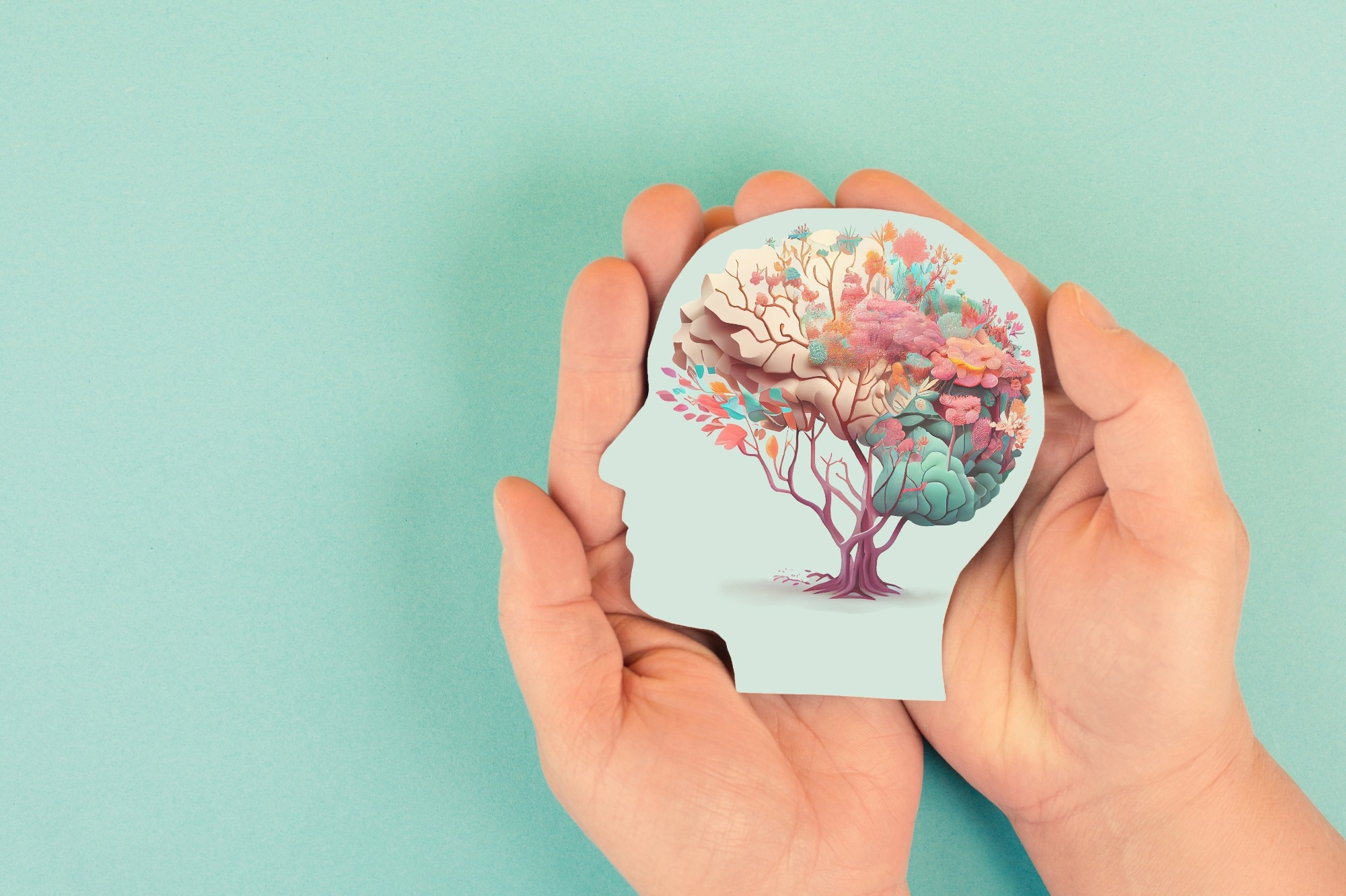In a recent study published in the journal Autism Research, a group of researchers examined the association between family history of neurodevelopmental (NDD) and neuropsychiatric (NPD) disorders and the developmental outcomes in younger siblings (SIBS) of children with autism.
 Study: Family history of psychiatric conditions and development of siblings of children with autism. Image Credit: Berit Kessler / Shutterstock
Study: Family history of psychiatric conditions and development of siblings of children with autism. Image Credit: Berit Kessler / Shutterstock
Background
Autism spectrum disorder (autism) is a neurodevelopmental condition characterized by social and communication impairments, sensory sensitivities, repetitive behaviors, and stereotyped interests. The prevalence of autism in the United States is estimated at 2.78%. Having an autistic relative increases the likelihood of recurrence within the family, with greater genetic similarity correlating with higher likelihood. Additionally, families with a history of NDD and NPD disorders, such as intellectual disability, Attention Deficit Hyperactivity Disorder (ADHD), anxiety, and depression, also show elevated odds of autism. Further research is needed to better understand the influence of family history on the diverse phenotypic outcomes in siblings of children with autism, which could improve early identification and intervention strategies.
About the study
The present study involved 229 children with at least one older sibling diagnosed with autism. Participants, recruited between March 2006 and May 2022 at an average age of 25 months, were included if their sibling had a clinical autism diagnosis. Exclusion criteria included gestational age below 34 weeks, sensory impairments, nonfebrile seizure disorders, or known genetic syndromes. The sample comprised 64% males and 36% females, predominantly identifying as White (79%). Family history was collected using the family history interview (FHI) form, focusing on neurodevelopmental and psychiatric conditions in first-, second-, and third-degree relatives, analyzed in binary fashion.
Autistic features were measured using the Autism Diagnostic Observation Schedule-2 (ADOS-2). At the same time, the intelligence quotient (IQ) was assessed using the differential ability scale-III (DAS-III) or the Mullen Scales of Early Learning (MSEL) for younger children. Adaptive functioning was evaluated using the Vineland Adaptive Behavior Scales (VABS-II). Phenotypic data were collected during the most recent visit, with clinical best estimate (CBE) diagnoses based on comprehensive assessments.
Multivariate linear regression analyzed the association between family history and phenotypic outcomes, controlling for birth year, sex, race, ethnicity, and parental education. Statistical analyses were conducted using R statistical software, version 4.3.1.
Study results
Based on comprehensive assessments, 51 (22%) of the 229 children received an autism diagnosis, 79 (35%) exhibited broader autism phenotype (BAP) traits or other clinically significant concerns, and 99 (43%) had typical outcomes. These proportions align with previous reports on developmental outcomes in sibling cohorts, emphasizing the phenotypic heterogeneity in this population. The siblings with and without an autism diagnosis did not differ significantly in age at recruitment or phenotypic assessment.
The prevalence of NDD and NPD conditions among the siblings' relatives was consistent with other reports in families with autism. Speech delay requiring therapy was the most frequently reported NDD (64%), followed by ADHD (41%) and intellectual disability (ID) (11%). Anxiety disorders (44%), depression (43%), bipolar disorder (17%), and schizophrenia (8%) were the most common NPDs.
Family history variables explained 7% and 5% of the variability in the ADOS-2 social affect (SA) and restrictive and repetitive behaviors (RRB) scores, respectively, after controlling for covariates. SA scores were higher in siblings with a family history of anxiety disorders and schizophrenia, while RRB scores showed a trend towards being higher with a family history of ID.
Family history accounted for 17% and 14% of the variance in verbal and nonverbal IQ scores. Verbal IQ was negatively associated with family histories of intellectual disability (ID) and anxiety disorders and positively associated with a history of depression. Nonverbal IQ showed similar associations, with decreases linked to ID and anxiety disorders and increases linked to depression. Having a relative with ID or an anxiety disorder was associated with lower verbal and nonverbal IQ scores, while a history of depression was associated with higher scores.
Family history variables explained 14% and 10% of the variance in VABS-II Communication and Socialization scores, respectively. Communication scores were negatively associated with family histories of ID, anxiety, and bipolar disorders and positively associated with depression. Socialization scores were negatively associated with family histories of anxiety, schizophrenia, and bipolar disorders. History of depression was linked to higher Communication scores, while family histories of ID, anxiety, and bipolar disorders were associated with lower Communication and Socialization scores.
Conclusions
To summarize, this study shows, for the first time, that these phenotypic outcomes in SIBS are associated with a family history of anxiety, depression, schizophrenia, bipolar disorders, and ID. While some disorders correlated with lower levels of functioning, depression was linked to more optimal outcomes. After controlling for covariates, family history of NDD and NPD disorders accounted for 5% to 17% of the variance in outcomes, with effect sizes ranging from small to medium.